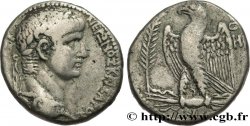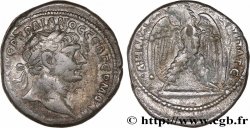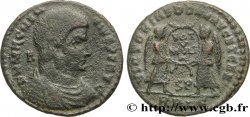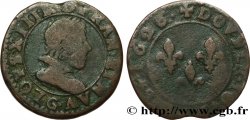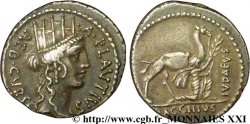недоступный.
Товар уже продан в нашем интернет-магазине (2022)
Цена: : 90.00 €
Товар уже продан в нашем интернет-магазине (2022)
Цена: : 90.00 €
Тип 1/8 (oitavo de) Rupia Louis Ier (luis)
Дата: 1881
Количество отчеканенных монет: 902000
Металл: silver
Проба: 917 ‰
Диаметр: 16 mm
Ориентация осей монеты: 6 h.
Вес: 1,46 g.
Век: cannelée
Комментарии о состоянии
monnaie nettoyée
Ссылки в каталоге: :
Лицевая сторона
Аверс: легенда: LUDOVICUS·I·PORTUG: ET·ALGARB: REX·.
Аверс: описание: portrait à gauche de Louis Ier roi du Portugal.
Обратная сторона
Реверс: легенда: INDIA PORTUGUESA // · OITAVO DE RUPIA · .
Реверс: Описание: armes couronnées du Portugal entre un rameau d’olivier et un rameau de chêne.
Комментарий
Les premiers pas des Portugais dans la péninsule date de 1498 avec l’arrivée de vasco de Gama à Cochin. Ils établissent de nombreux comptoirs. En 1947, ils refusent de céder ces territoires au nouvel état indépendant d’Inde. En 1954, des irréguliers indépendantistes prennent le pouvoir des enclaves de Dadra et Nagar Haveli. En décembre 1961, L'Inde envahit Goa, Daman et Diu. Il faudra attendre la Révolution des Oeillets pour que le gouvernement portugais en reconnaisse l’indépendance. .
The Portuguese first entered the peninsula in 1498 with the arrival of Vasco da Gama in Cochin. They established numerous trading posts. In 1947, they refused to cede these territories to the newly independent state of India. In 1954, pro-independence irregulars seized power in the enclaves of Dadra and Nagar Haveli. In December 1961, India invaded Goa, Daman, and Diu. It was not until the Carnation Revolution that the Portuguese government recognized their independence.
The Portuguese first entered the peninsula in 1498 with the arrival of Vasco da Gama in Cochin. They established numerous trading posts. In 1947, they refused to cede these territories to the newly independent state of India. In 1954, pro-independence irregulars seized power in the enclaves of Dadra and Nagar Haveli. In December 1961, India invaded Goa, Daman, and Diu. It was not until the Carnation Revolution that the Portuguese government recognized their independence.







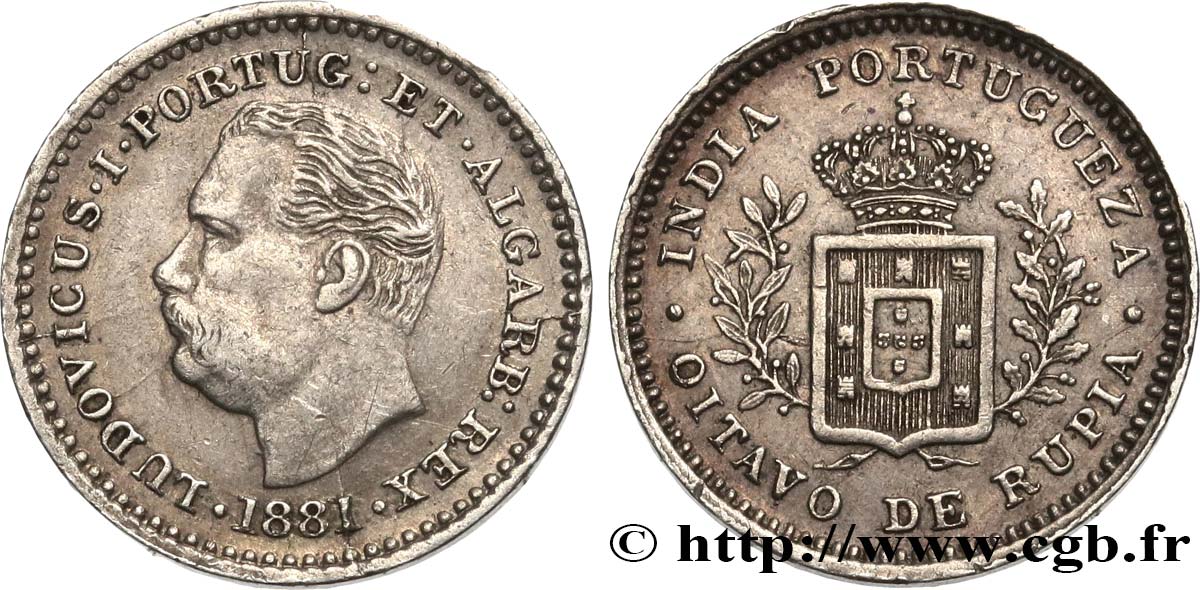
 Cообщить об ошибке
Cообщить об ошибке Распечатать страницу
Распечатать страницу Отправить мой выбор
Отправить мой выбор Задать вопрос
Задать вопрос Consign / sell
Consign / sell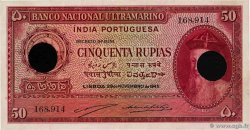
 Информация
Информация




